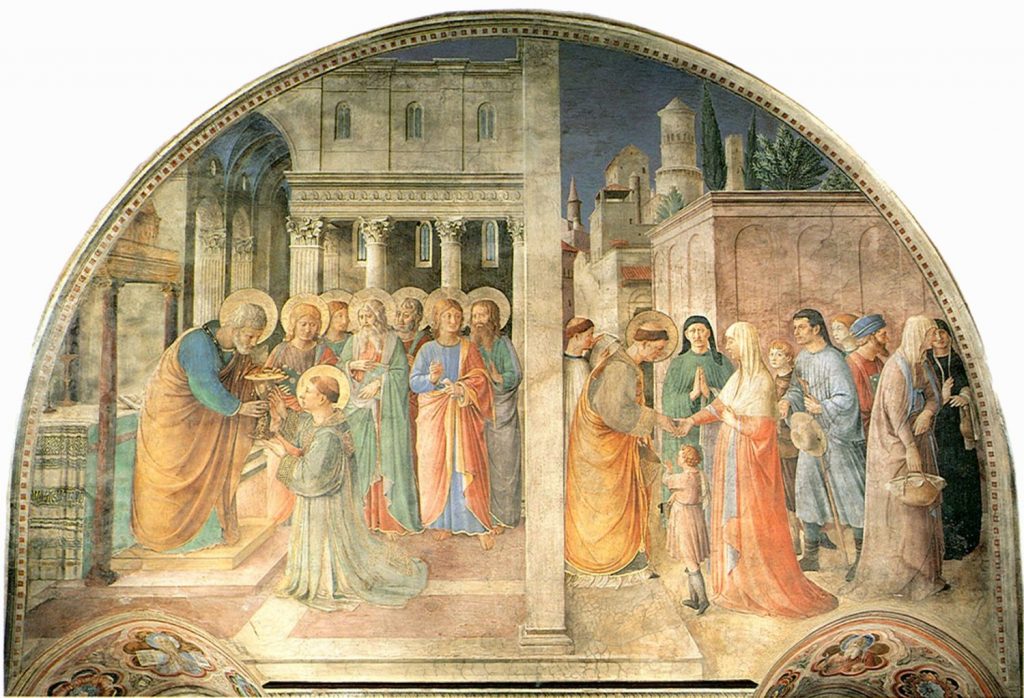Richard Carrier presents a “mock analogy” to illustrate the absurdity of so much of the reasoning that lies at the heart of the bulk of serious historical Jesus scholarship today. In fact the analogy is similar to ones Tim and I have independently made here. (One scholar who took himself far too seriously was so offended that he even accused me of extreme disrespect for drawing the analogy. I was reminded of the embarrassed crowds shushing and scolding the boy who dared yell out “The king is not wearing any clothes!”)
Here is Carrier’s version (with my formatting and bolding):
Imagine in your golden years you are accused of murdering a child many decades ago and put on trial for it. The prosecution claims you murdered a little girl in the middle of a public wedding in front of thousands of guests. But as evidence all they present is a religious tract written by ‘John’ which lays out a narrative in which the wedding guests watch you kill her.
Who is this John?
The prosecution confesses they don’t know.
When did he write this narrative?
Again, unknown. Probably thirty or forty years after the crime, maybe even sixty.
Who told John this story?
Again, no one knows. He doesn’t say.
So why should this even be admissible as evidence?
Because the narrative is filled with accurate historical details and reads like an eyewitness account.
Is it an eyewitness account?
Well, no, John is repeating a story told to him.
Told to him by an eyewitness?
Well . . . we really have no way of knowing how many people the story passed through before it came to John and he wrote it down. Although he does claim an eye witness told him some of the details.
Who is that witness?
He doesn’t say.
I see. So how can we even believe the story is in any way true if it comes from unknown sources through an unknown number of intermediaries?
Because there is no way the eyewitnesses to the crime, all those people at the wedding, would have allowed John to lie or make anything up, even after thirty to sixty years, so there is no way the account can be fabricated.
(On the Historicity of Jesus, p. 251)
It does not even rise to the level of requiring investigation
Below is a comparable absurdity set out by Tim back in 2011. For me his punch line is “Our imaginary detective rejected the case because it does not even rise to the level of requiring investigation.” Continue reading ““The Jesus Story Cannot Possibly Have Been Fabricated””

